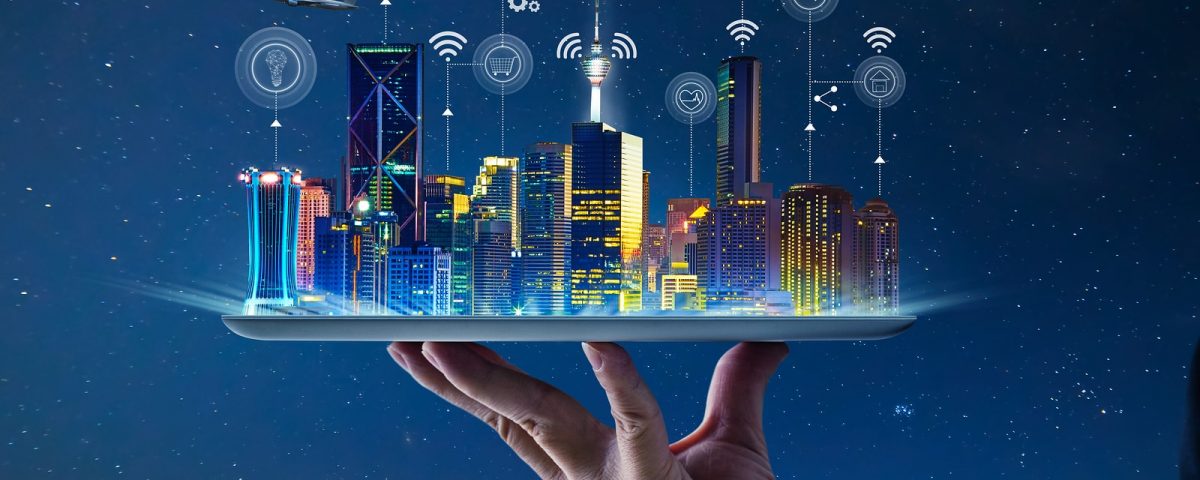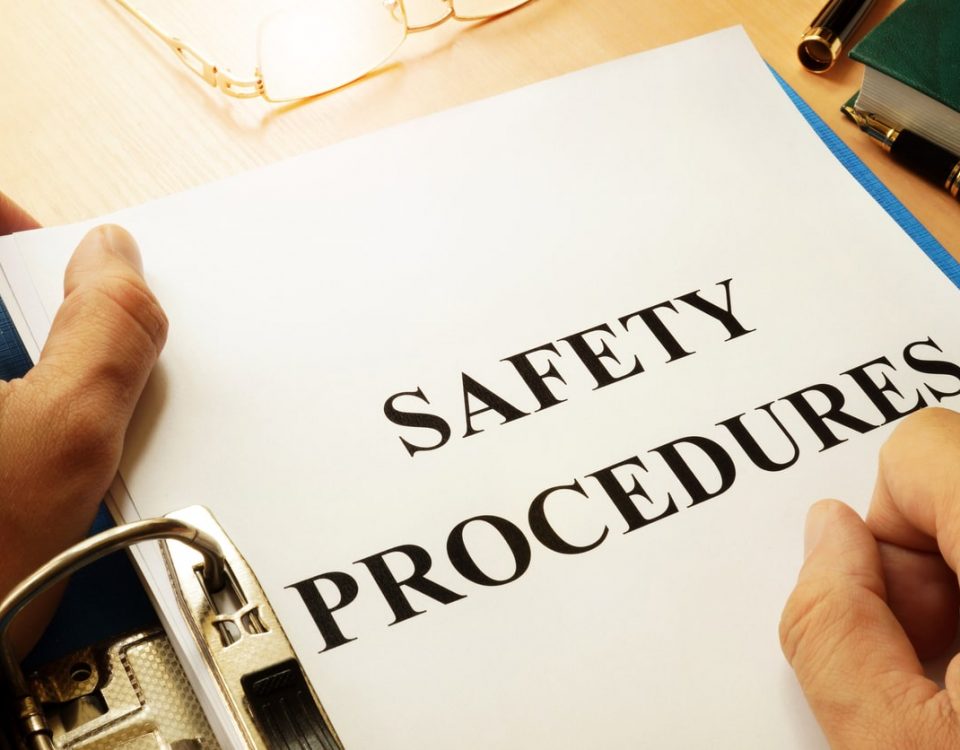As Municipal Governments Work Towards “Smart” Cities, What Could This Mean?

Municipalities Move to Add Protections Against Sex-Based Discrimination
October 22, 2018
Public Officials D&O Insurance: Understanding and Reducing Your Risks
November 5, 2018As Municipal Governments Work Towards “Smart” Cities, What Could This Mean?
It’s been estimated that by 2050, almost three-quarters of the world’s population will live in cities. This is an exciting opportunity for not only the population as a whole, but virtually every industry that can benefit from this move. However, there are some major areas for municipalities to assess before such an aggressive move takes place.
With more citizens to serve in denser areas, a rapidly declining climate and effective resource usage to consider are becoming more and more important. Tech companies and industrious minds are coming together to map out a promising future for cities and the citizens who inhabit them. And while technical advances are important, it’s also important that municipalities ensure their smart city of tomorrow is citizen-centric and multifaceted.
Let’s look at the areas in which smart cities will have an impactful and lasting effect.
Cost Savings
Smart cities have garnered attention in a number of ways including overall cost effectiveness. Enterprises, governments and people throughout the globe could see massive savings brought on by increased use of automation, artificial intelligence, augmented reality, data sharing, and analytics by business and authorities alike.
For citizens specifically, smarter, greener modes of transportation (i.e. cycling, electric self-driving public transit), area saving people time and money in the long run. Plus, exchange apps and the sharing economy as a whole are helping people find ways to cut costs and be more efficient with their schedules and budgets.
Environmental Impact
Smart technologies, like the Internet of Things (IoT), improve the efficiency of city operations; think water management systems, energy grids and mobility management tools. Their main goals are to reduce energy usage and water consumption among others, cutting out huge chunks of traffic and carbon emissions.
Cities like Chicago are already installing sensors and cameras on street lights to measure things like air quality, noise levels, water levels and traffic. Initiatives like this are helping to identify ways to save energy in cities and use their resources more efficiently.
Efficiency Surges
Smart city initiatives, such as in Chicago, could save massive loads of energy in homes across the globe. Reductions in traffic and overall inner-city congestion will add more time back to everyday lives of global citizens. Think of the time wasted sitting in your car during rush hour traffic; that would be greatly minimized due to city-wide integrated IoT-enabled infrastructures.
One of the biggest things drivers of this notion is the sharing economy, mentioned above. People are carpooling more or taking their own cars to work less, easing traffic over time. Plus, more options for public transit, or things like bike-sharing or electric scooters, are moving people in new and more efficient ways.
Smart city technologies also make city operations more efficient in other ways, especially when it comes to energy usage and resource management. By finding ways to save money and work tasks, cities can provide higher-quality services at much lower rates.
It’s important for municipality clients to take stock of where they are in all these areas and begin to implement changes needed to be ready for a denser urban environment. Finding ways now will help to prevent issues down the road when it’s too late. Insurers should also take into account the changes that these advances will make to public officials’ and municipalities’ risk profile and subsequent insurance needs.
About Professional Governmental Underwriters, Inc.
Professional Governmental Underwriters, Inc., is a full-service risk management company dedicated to assisting public, educational and non-profit entities in the management of their professional liability exposures. We are dedicated to providing state-of-the-art professional underwriting management and loss control advisory services on behalf of our designated carriers. For more information, call us toll-free at (800) 586-6502.


